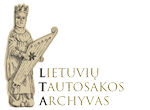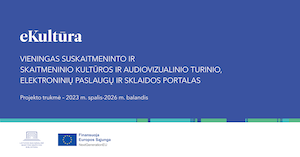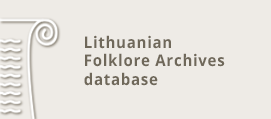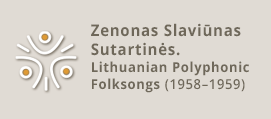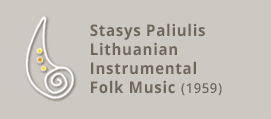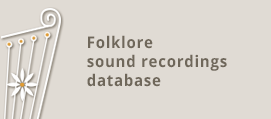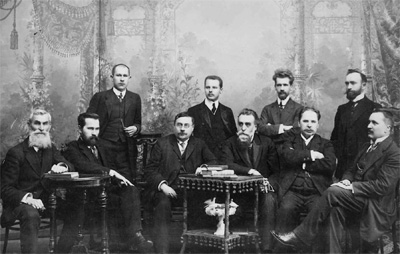 |
From the history of the archives1907–1939 |
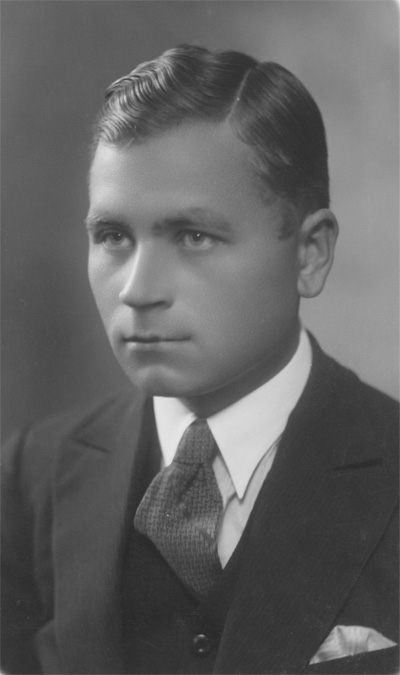 |
Jonas Balys – founder of the Lithuanian folklore archive“Theories change, but the authentic material remains” (from a speech delivered at the National Jonas Basanavičius Award ceremony in 1994). The Lithuanian Folklore Archive was established in 1935 in the temporary capital of Lithuania, Kaunas. This occurred somewhat later than in other Baltic countries (Latvian Folklore Archive was established in 1924, and the Estonian Folklore Archive in 1927), and its first director was Dr. Jonas Balys. As Jadvyga Čiurlionytė recalls, he was “energetic, demanding, and organized, yet had a somewhat rough character that was balanced out by his exceptional love for his chosen profession.” (Jadvyga Čiurlionytė. Edited by Laima Burkšaitienė. Vilnius: LMTA, 2006, p. 270). J. Balys was born on July 2, 1909 in the homestead of Krasnava in the Kupiškis district. While still studying at the Panevežys Seminary for Teachers he started to collect folklore of the Kupiškis region. He studied at universities in Kaunas, Graz, and Vienna (he received his Ph.D. from the latter in 1933), and later had an internship in Helsinki. In 1935 he became the director of the Lithuanian Folklore Archive. |
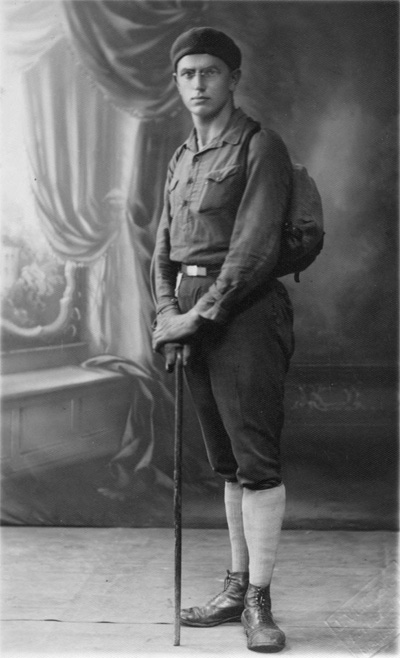 |
Jurgis Dovydaitis – the most famous folklore collector of the 20th centuryJurgis Dovydaitis was born on October 19, 1907 in Runkiai village in the region of Višakio Rūda, and died on August 25, 2001 in Vilnius. (His older brother, Pranas Dovydaitis, was a signatory of the Lithuanian Act of Independence and a professor at Vytautas Magnus University). He devoted his entire life to local history and ethnography and gathered an especially abundant and valuable folklore collection, and added around 17,000 words to the card catalogue of the Lithuanian Language Dictionary. He became interested in folklore as a high school student, in 1924 he put together a folklore compilation of his home village, and in 1929 he shared his experiences in the booklet Tautosakos rinkėjo darbas (The Work of a Folklore Collector). In 1934 he began writing articles for the journal of local history Gimtasai kraštas (Homeland). Therein he described his travel impressions, the reality of Lithuania’s villages, his meetings and conversations with villagers, his chosen methodology, and his personal philosophy of travel |

